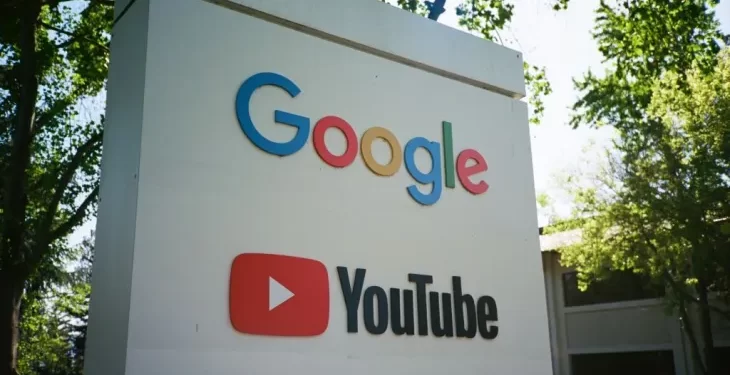Google will provide additional information regarding targeted advertisements and expand data access for researchers who are studying its products and systemic risks associated with online content in the European Union (EU), parent company Alphabet has announced.
The statement arrived as leading social media companies braced for EU’s Digital Services Act (DSA), a set of sweeping stringent regulations that has come into effect after months of anticipation. The legislation addresses key issues, threats and challenges stemming from internet companies’ detrimental business practices and lack of efficient mechanisms to tackle illegal harmful content.
“As a result, we have adapted many of our long-standing trust and safety processes and changed the operation of some of our services to comply with the DSA’s specific requirements,” Google said. “We look forward to continued engagement with the European Commission and other stakeholders, including technical and policy experts, as we progress this important work.”
The long list of companies to be regulated under the DSA include Meta, Twitter, Amazon, TikTok, Microsoft, Alphabet, Pinterest, Wikipedia, among others. Platforms with more than 45 million active users have been labelled “very large companies” in the Act, and will be monitored and assessed closely for compliance.
“We will be expanding the Ads Transparency Center, a global searchable repository of advertisers across all our platforms, to meet specific DSA provisions and providing additional information on targeting for ads served in the European Union,” the statement added.
The increased data access will help researchers understand how products such as Google Search, YouTube, Google Maps, and Google Play work. Google said it is updating its reporting and appeals processes and will offer users different ways of contacting the company.
The statement further added the company will be reporting on the results of its assessment to regulators in the EU and independent auditors. It will also release a public summary of the results.
The DSA particularly addresses long-standing concerns related to child sexual abuse and exploitation, misinformation and disinformation, potential harm to mental health of young users, algorithmic transparency, and the spread of bogus items on online platforms. The rules will allow users to have more control over what they view on social media and whether they want certain information to be shared with internet companies.
The DSA prohibits targeted advertising of underage users based on profiling as well as ads relying on personal information, including an individual’s religion. The EU regulators could impose heavy financial penalties on tech companies in case of violations, which could amount to almost six per cent of a given company’s global yearly revenue. A temporary suspension could also be imposed for repeated violations.





